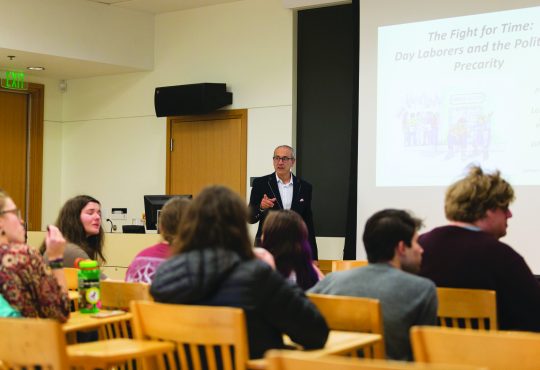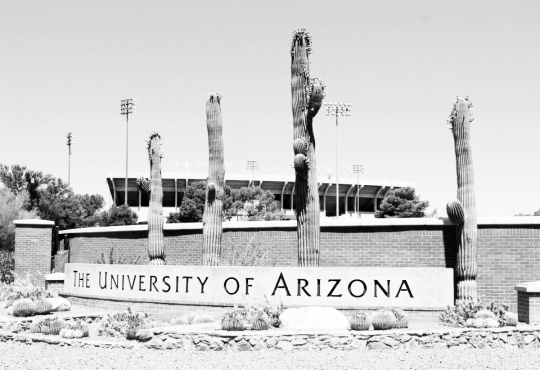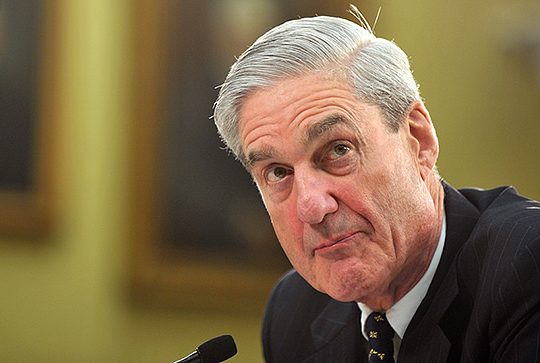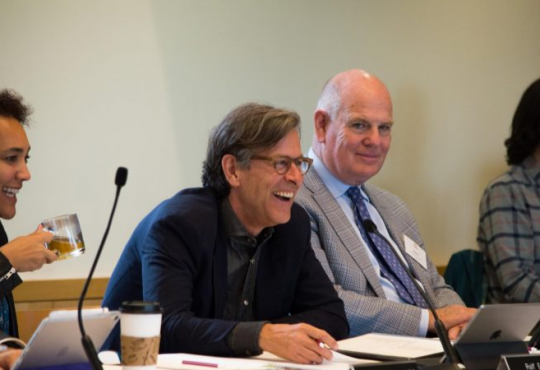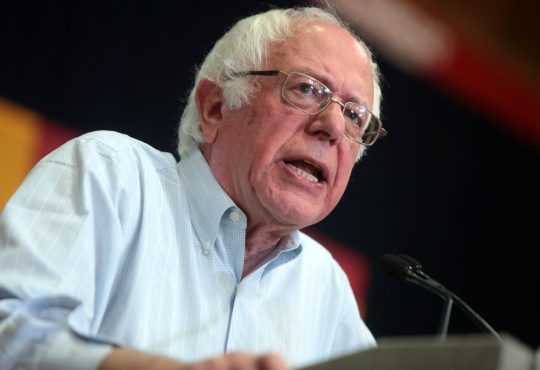There has been much speculation recently regarding the decision of the Associated Students of the University of Puget Sound Senate to announce a special election for the two senator-at-large positions most recently up for election. What I say here represents only my personal opinion, and I do not speak for anybody except myself, and I would extend an offer to any concerned students to come to me or anyone else in ASUPS in order to continue productive dialogue regarding this issue. What I say here in no way represents ASUPS or the Senate.
I am mostly concerned with how recent speculation has culminated into unfounded accusations, and a disregard for the violence faced by students of color and other marginalized students during the Spring 2015 General Election. I have been accused of conflicts of interest, mostly from members of this university’s Greek community. I am not at all surprised I have attracted their criticism. This criticism largely centers around the fact that I serve on Wetlands Magazine (although I would like to remind people that Lindsey Conrad, and not myself, is the Editor-in-Chief) and that I was Kyle Chong’s support person during his recent Honor Court hearing. I have since abstained from every vote pertaining to Kyle Chong undertaken by the present Elections Committee. I have violated no ethical obligation imposed on me and everything I have done on ASUPS has been, in my opinion, to maximize the possibilities of democratic representation in ASUPS.
There were candidates who were disqualified. There were candidates who were threatened online with violence. There were candidates who were found not responsible for charges of corruption for which other people were found responsible. Candidates who were disqualified later had their disqualifications overturned. I don’t know what the Senate could have done, except what it did, which is announce a new special election, one that would be free of these irregularities. ASUPS exists in order to “produce a student voice through representation.” That representation can only happen through the democratic process of election. Where such elections are marked by inadequate application of existing guidelines, or under such guidelines as are determined by the Honor Court to be inappropriate, they cannot guarantee adequate representation of the student body. Moreover, the Senate can do anything not prohibited by the Constitution or By-Laws: because the Constitution and By-Laws offer no guidance on what to do when a candidate, who won a plurality of ballots, who was disqualified, and thus is not recognized as the victor, nothing we did would have been strictly acceptable. I do believe what we did is expressly permitted by the ASUPS Constitution, as expressed in a recent Governance Committee review of this issue. I believe, moreover, that we chose the best of the possible options.
If the Senate had not called a special election, then in my opinion the Senate would have been violating the rights of every student who wrote in a candidate’s name when that candidate was not confirmed as the victor of an election in which they won a plurality of ballots cast. In other words: for the Senate to not call a special election in this instance, in my opinion, violates the rights of any students who wrote in the name of a candidate who was later disqualified.
The Elections Committee, a minority of the Senate, should not be allowed to disqualify candidates from an election. The student body, and not the Elections Committee, should decide who has won an election, by casting ballots for them. The Elections Committee is nowhere given the power to disqualify a candidate.
Finally, Senate asked the Chief Justice of the Honor court to tell us how to react to their decision that the disqualification of a candidate in the general election was inappropriate. They did not tell us that we had to do anything. They also did not tell us that we had to do nothing. Therefore, the Senate determined that it was preferable to do something than to do nothing, in order to actualize the guarantee that ASUPS represent the student body through the democratic process of election.
Regards,
C.J. Queirolo, Senior Senator

